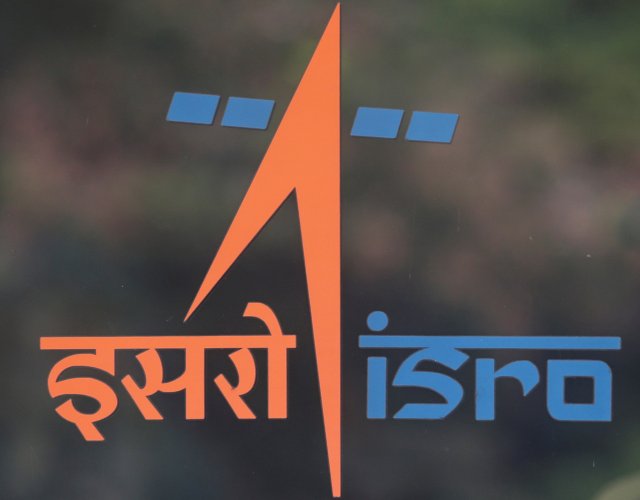Chennai: The Indian space agency should release all the videos related to the Chandrayaan-2 mission, including that of the moon lander 1,471 kg Vikram separating from the Orbiter, said an official.
Given the complete silence over the nearly 1,500 kg lander’s whereabouts, the ISRO official raised pertinent question: where is Vikram on the moon? when an airplane crashlands it leaves a trail — where is the Vikram trail?
He said the images recorded by the onboard camera should be released while wondering the fate of Vikram that crashlanded on the moon’s surface on September 7, as there seems to be complete absence of its trail.
The central government Wednesday said Vikram had hard landed on the moon.
The Indian space agency had said a national level committee comprising of academicians and ISRO experts are analyzing the cause of communication loss with lander.
The ISRO has been saying for a long time that communication link with Vikram was lost while keeping silent on the lander’s fate.
In an answer to a question in Lok Sabha Wednesday, the government said Vikram had hard landed within 500 metre of the designated landing site on the lunar surface.
In a written reply to a question in the Lok Sabha on Wednesday the Union Minister of State (Independent Charge) Development of North-Eastern Region (DoNER), MoS PMO, Personnel, Public Grievances & Pensions, Atomic Energy and Space, Jitendra Singh said: “The Lander aVikram’ was separated, as planned, from the Orbiter on 2nd September 2019. After two successful de-orbiting maneuvers, powered descent of the Lander was initiated on 7th September 2019 to achieve soft landing on the moon surface.”
“The first phase of descent was performed nominally from an altitude of 30 km to 7.4 km above the moon surface. The velocity was reduced from 1683 m/s (metres per second) to 146 m/s.
“During the second phase of descent, the reduction in velocity was more than the designed value. Due to this deviation, the initial conditions at the start of the fine braking phase were beyond the designed parameters. As a result, Vikram hard landed within 500 m of the designated landing site,” Singh said.
“But where is Vikram on the moon? An object weighing 1,471 kg and travelling at a speed of 146 m/s or about 530 km per hour would leave a devastating trail when it hits a surface and its parts strewn all over,” the official preferring anonymity said.
According to him, there would have been a huge disturbance on the dusty moon surface.
“An airplane when crash lands would travel several metres on its own due to its momentum. Similarly, Vikram too must have moved on its own when it crash landed on the moon,” the official said.
He said the US space agency’s lunar orbiter too, was not able to locate Vikram or its landing site.
Meanwhile, it is not known whether the expert committee comprising of academicians and ISRO experts that has been set up to analyse the cause of communication loss with lander has submitted its report or not.
The composition of the committee is not public.
The approved cost of Chandrayaan-2 project is Rs 603 crore (excluding launch cost). The Chandrayaan-2 was launched on-board the Geosynchronous Satellite Launch Vehicle-Mark III (GSLV MK III M1). The cost of GSLV MK III M1 vehicle is Rs. 367 crore.
The Chandrayaan-2 spacecraft comprised three segments — the Orbiter (weighing 2,379 kg, eight payloads), Vikram (1,471 kg, four payloads) and Pragyan (27 kg, two payloads).

